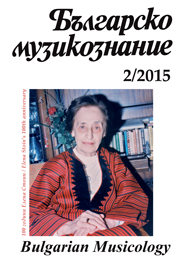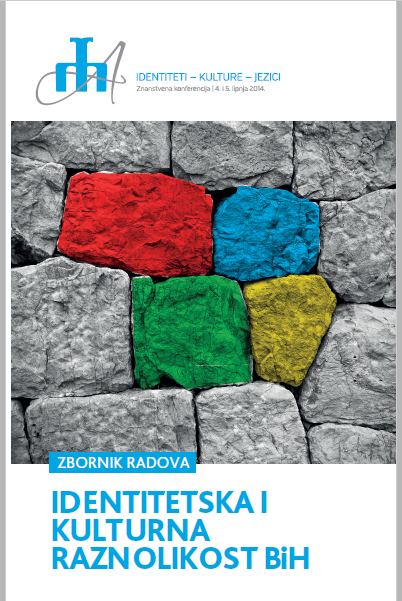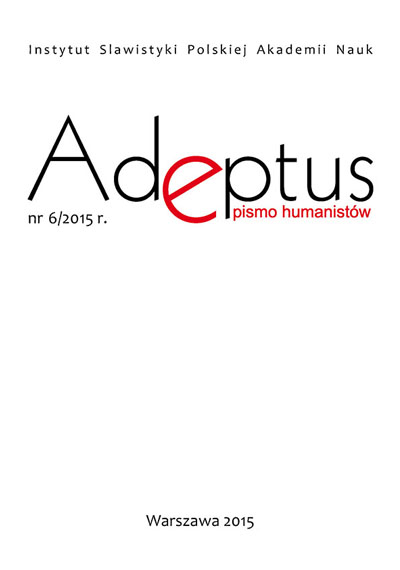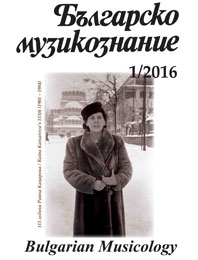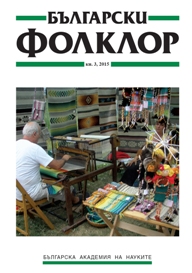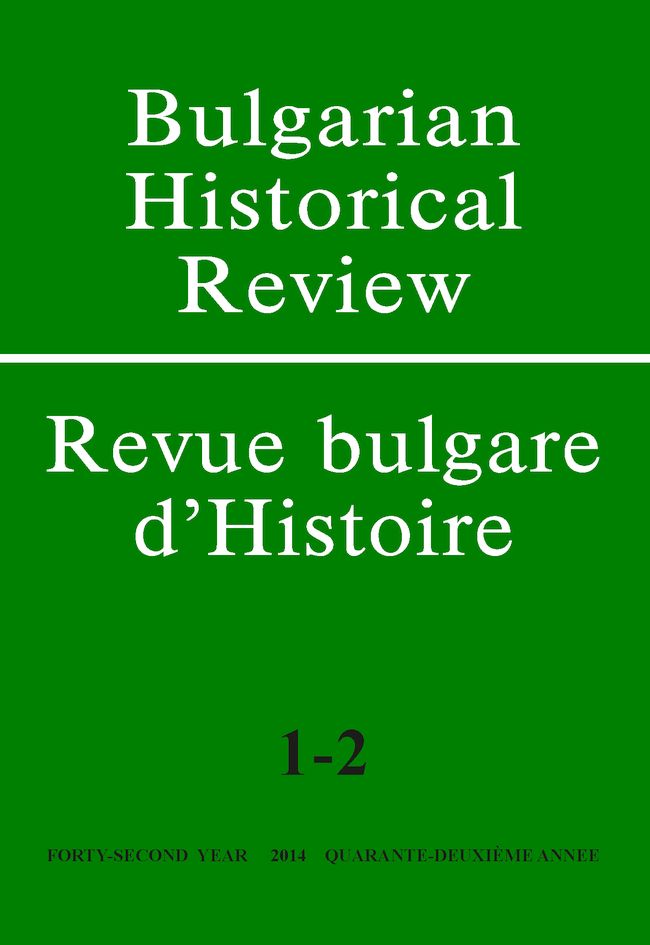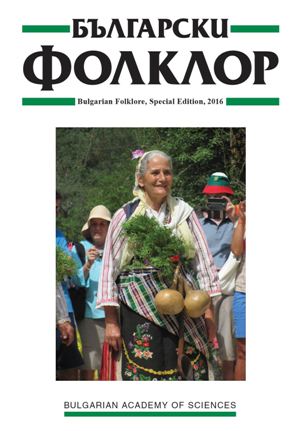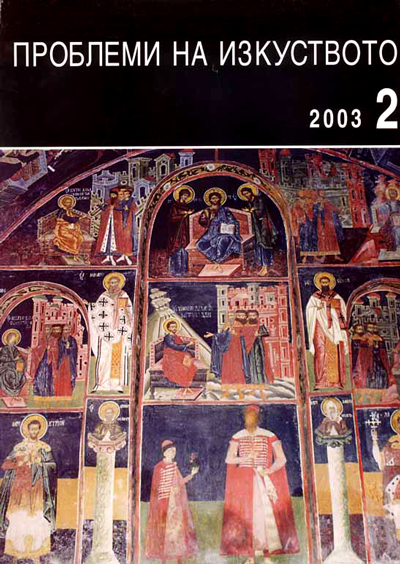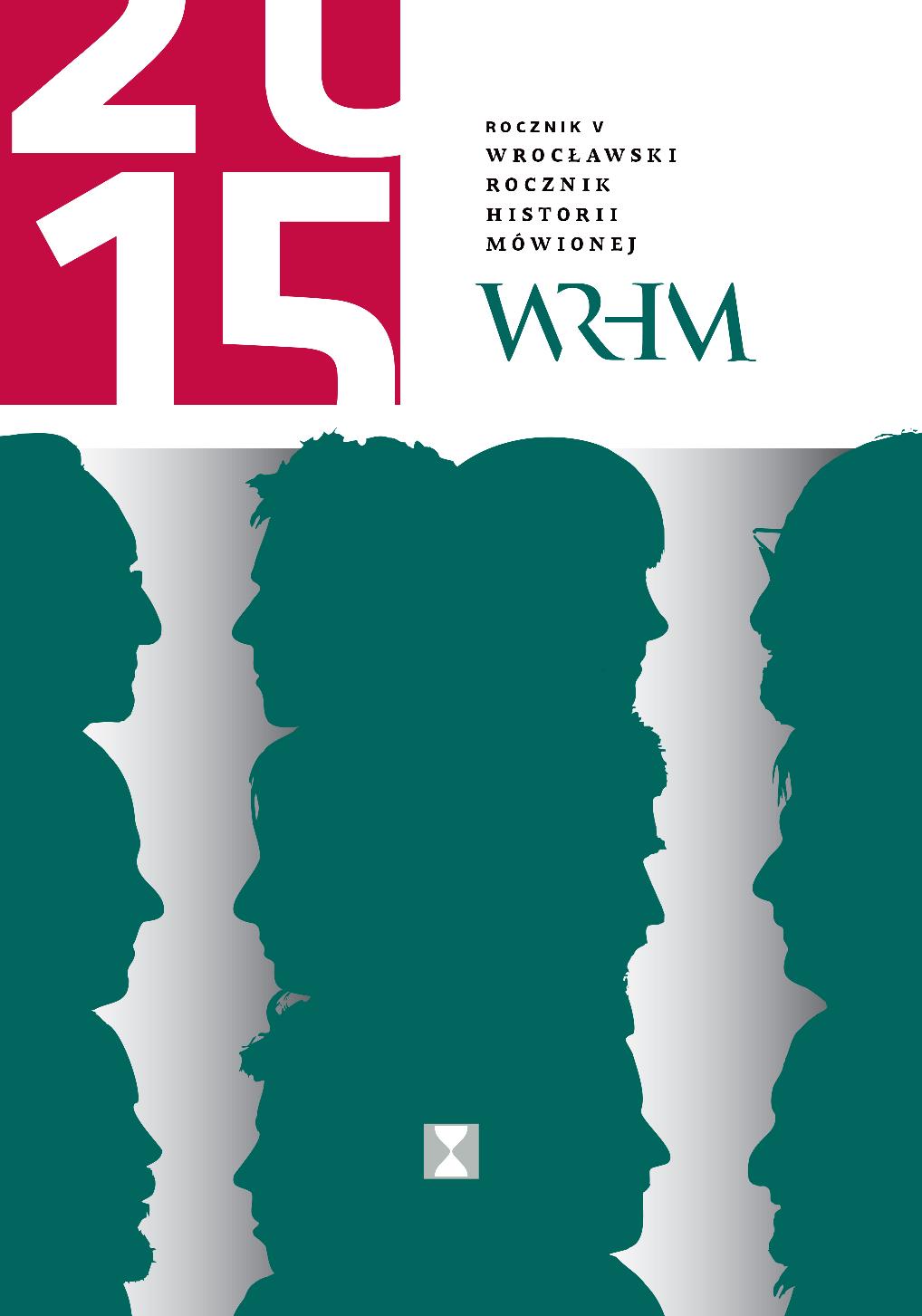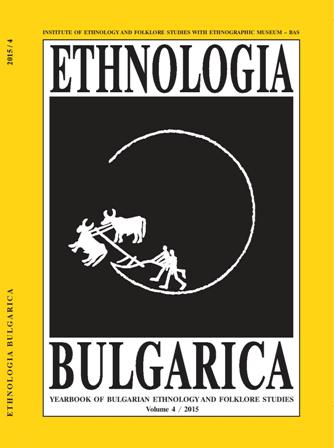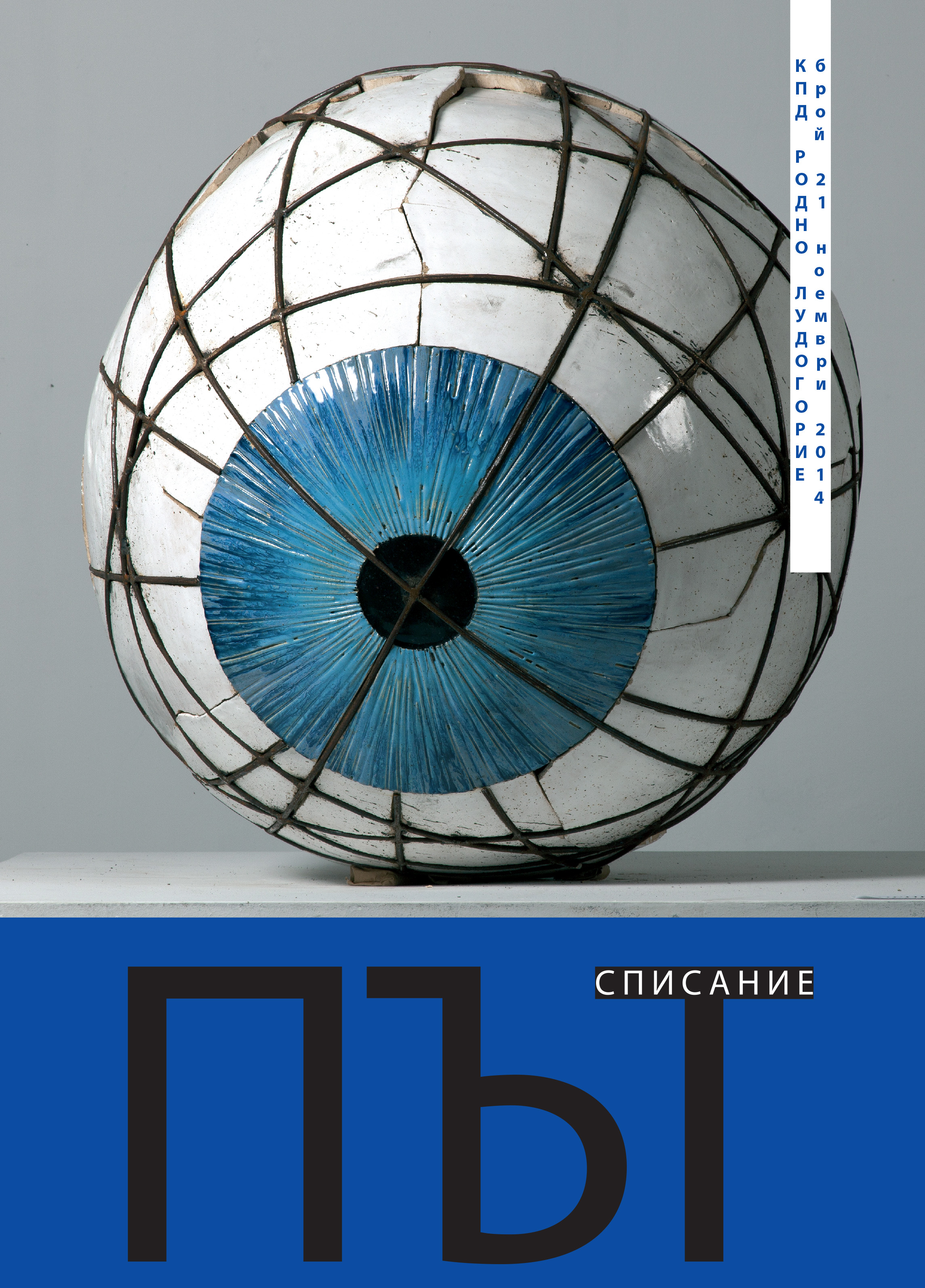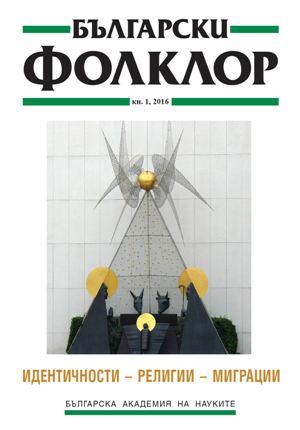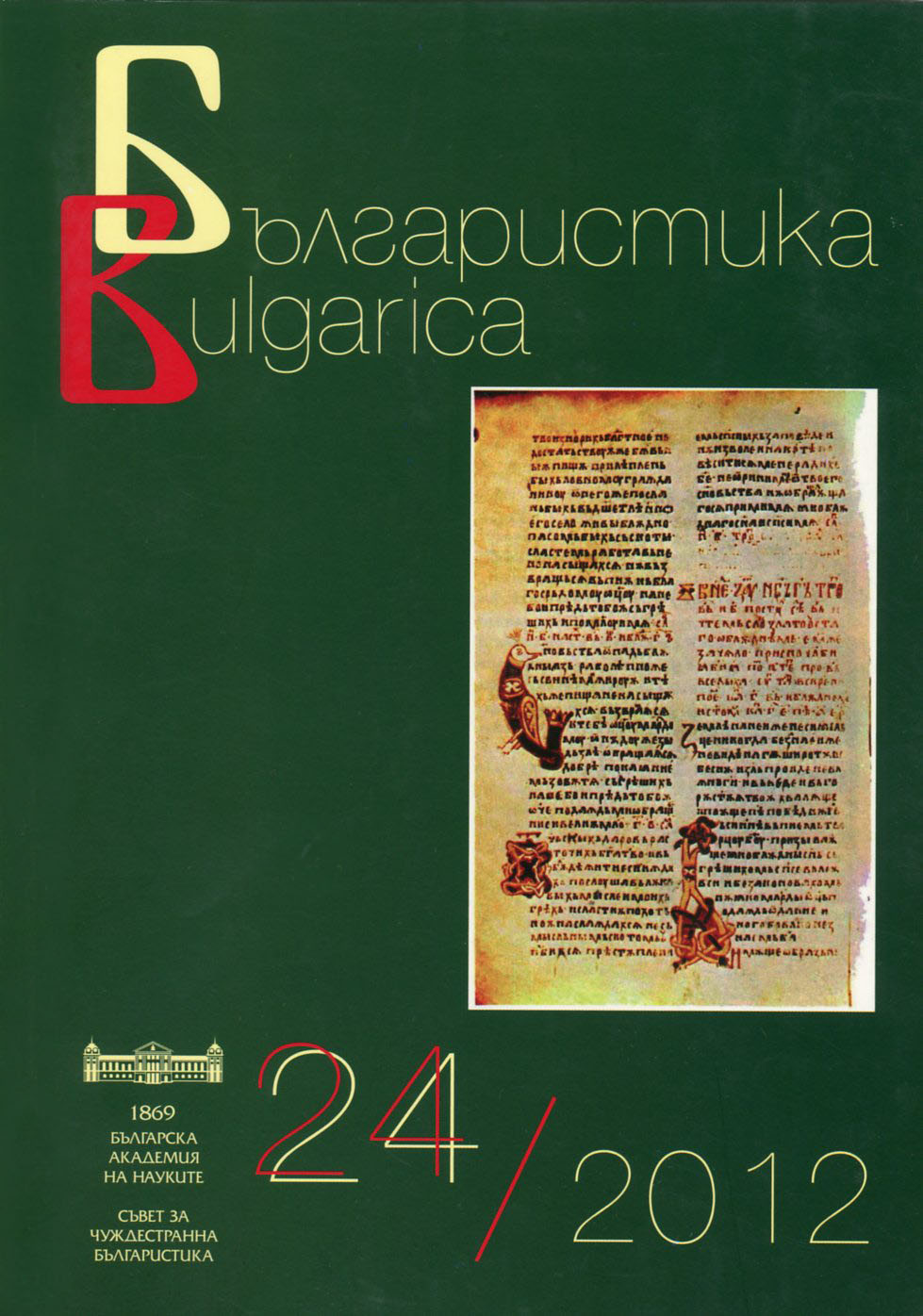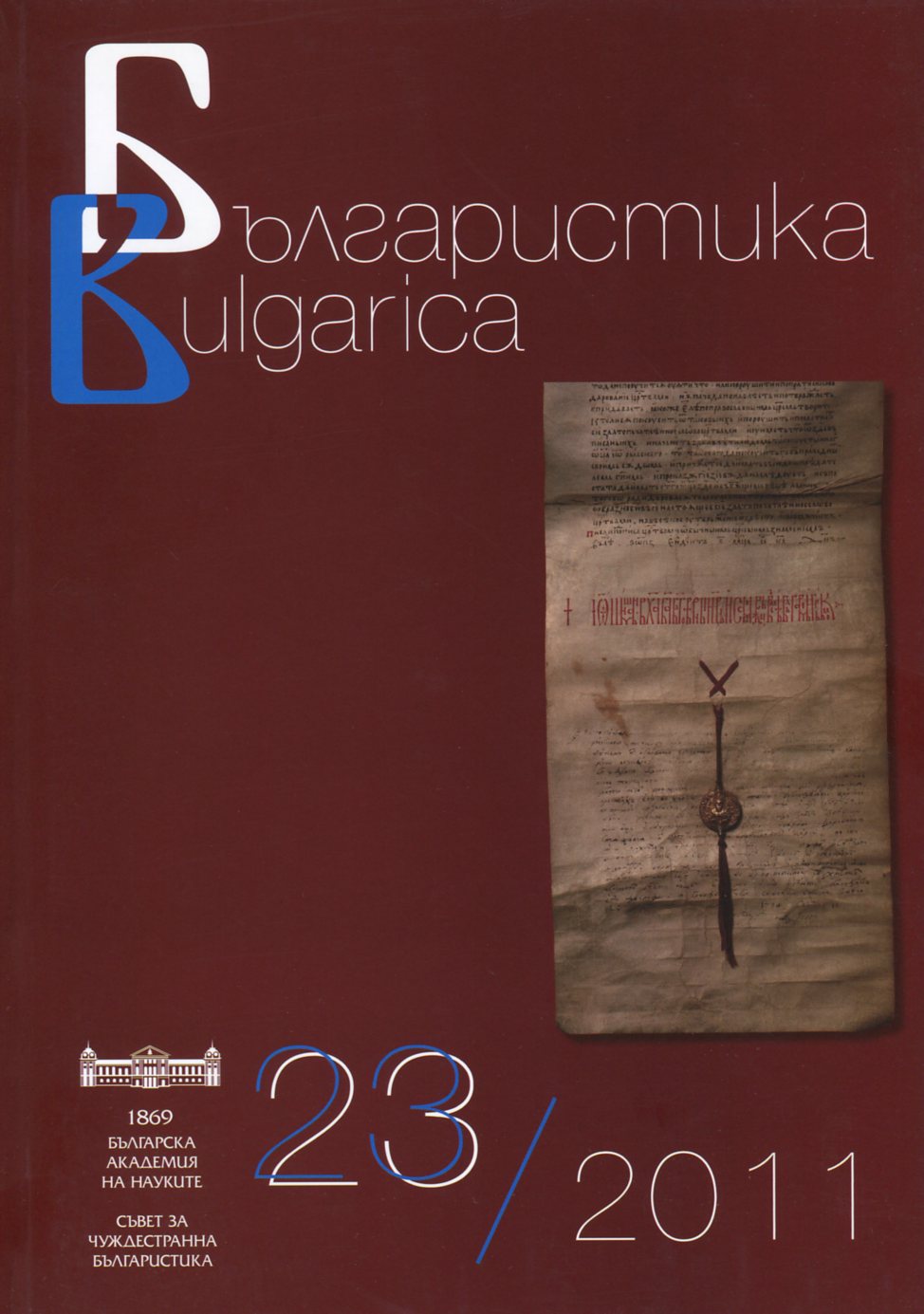Author(s): Ventsislav Dimov / Language(s): Bulgarian
Issue: 1/2016
This study presents the earliest resources of the folk music archive of the Institute of Art Studies, BAS: fieldwork recordings of traditional music made in the period 1938–1950. The text is part of a project, Raina Katsarova and the beginnings of recording activities in Bulgarian ethnomusicology. The study is based on the folk music recordings made by Raina Katsarova in 1938–1950, and by her collaborators Ivan Kachulev and Elena Stoin (1948–1950), using a Presto recorder and instantaneous discs. The study presents the earliest recordings (231 metal core acetates: 142 12-inch and 89 8-inch), digitised by Alex Nushev) containing songs, instrumental music and rarely, verbal folklore. There are 1,570 items or about 31 hours of recorded music in store for describing, identifying and studying (by the author and Dr Galina Denkova) The interpretation, apart from the recorded sound, includes handwritten fieldwork notebooks or other fieldwork material from the verbal folk music archive and the personal archive of Raina Katsarova (kept at the archive of the Institute of Art Studies), papers by Raina Katsarova delivered during her trips to several Bulgarian regions and places in 1941– 1944 (kept at the archive of The Institute of Ethnology and Folklore Studies with Ethnographic Museum, BAS), pictures from academic and personal archives, publications in periodicals. It is the first attempt to make such a comprehensive and full presentation with a detailed chronological description of the earliest fieldwork recordings in Bulgaria. The second part of the study seeks to make analytical readings of the recording database. Two views of the early recordings are offered: exploration of the areas of the recorded voices and music (places and regions, where the recordings have been made and where the informants and repertories belong) and of the tradition bearers on the grooves (analysed by age, sex, education, settled way of life, ethnic group, profession, etc., mostly by the classifying columns and ‘marginal notes’ in the fieldwork notebooks). The conclusion underscores that by using recorders in the 1930s and the 1940s Bulgarian science joined the mainstream of the West-European ethnomusicology. Raina Katsarova was the founder of fieldwork sound recording presenting songs, instrumental music, manufacturing of instruments, ring dances and games through their cultural functioning, their role in the life of the community and men. She set the beginning of the anthropological and culturological turn in Bulgarian folk music studies. Raina Katsarova’s legacy and that of her collaborators on fieldwork recording, Ivan Kachulev and Elena Stoin still holds unexhausted potential for informational content, creativity and future insights. That is why it is worth completing the process of their digitisation and cataloguing, publishing more extensive information about them and about the initial stages of their exploration.
More...
